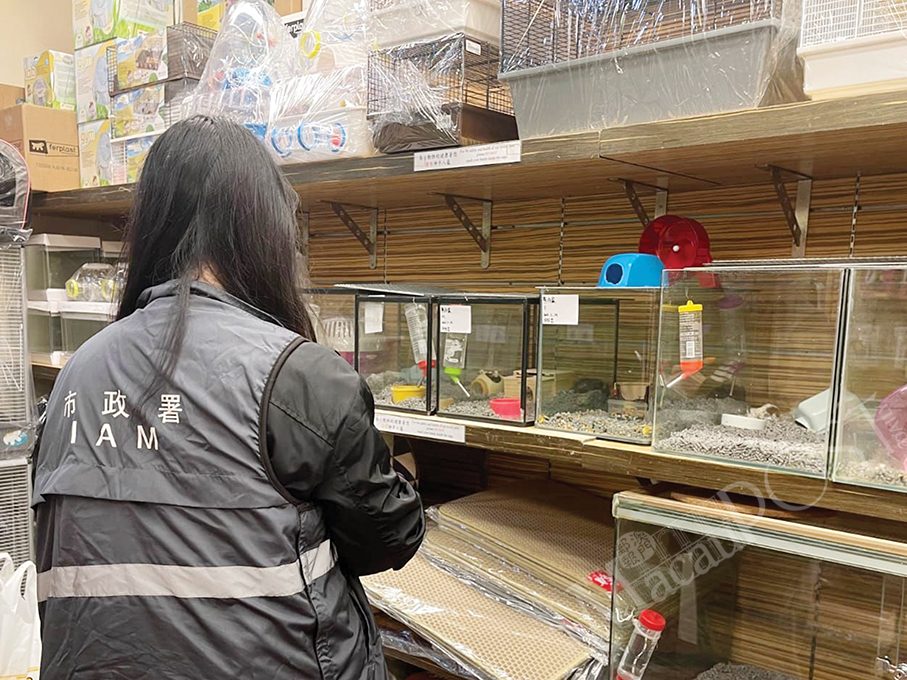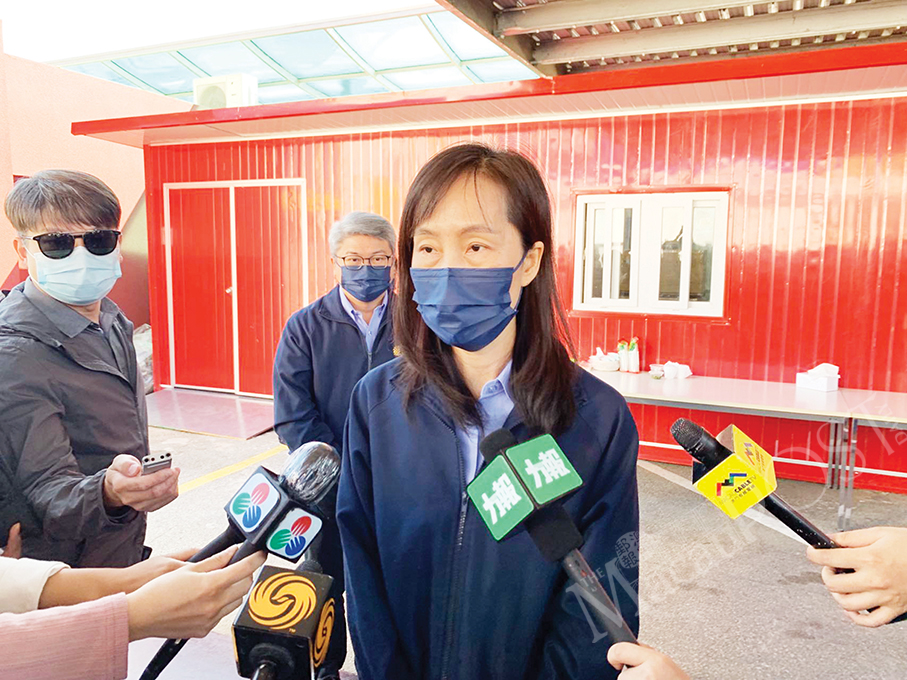Macau became a UNESCO Creative City of Gastronomy this week and Macau Government Tourism Office (MGTO) Director Maria Helena de Senna Fernandes said yesterday that it was now for the city as a whole to work together to pass on its gastronomic traditions for sustainable development.
Following UNESCO’s announcement in Paris on Tuesday, Chief Executive Fernando Chui Sai On said in a statement yesterday that the new status given by UNESCO would foster the diversification of the city’s economy, becoming a new dynamic factor in Macau’s economic sustainability and the well-being of the community.
Chui also said the UNESCO designation would give a boost to Macau’s goal of becoming a world centre for tourism and leisure.
According to Senna Fernandes, the application to UNESCO for “Creative City of Gastronomy” status was supported by the National Commission of the People’s Republic of China (PRC) for UNESCO, as well as the State Council’s Hong Kong and Macau Affairs Office, the Foreign Ministry in Beijing and its commissioner’s office in Macau, aside from the support of the local Tourism Development Committee, the European Oenogastronomic Brotherhoods Council and the China Cuisine Association.
Senna Fernandes made the remarks while speaking to reporters after attending a ceremony marking a new partnership between Galaxy Entertainment Group (GEG), ICBC (Macau) and WeChat which allows mainland visitors to pay with their WeChat Pay e-wallets at the gaming operator’s properties.
Senna Fernandes said that as Macau is now member of the UNESCO Creative Cities Network (UCCN) in the field of gastronomy, what’s now important is how to pass the city’s culinary tradition down for generations to come.
“The Creative Cities Network is to stimulate people to be creative to pass down their tradition for the city’s sustainable development,” she said, adding that the government’s action plan for the next four years in this aspect would include taking part in international exchange programmes with tertiary education institutes and motivate young people to get into the field of gastronomy.
“For Macanese cuisine, we don’t see many people getting into that field. Most of the chefs in Macanese cuisine are in their senior years, so in training, we’ll be working with the Education and Youth Affairs Bureau (DSEJ) to roll out some culinary programmes,” she said.
The term “Macanese” refers to Macau’s Eurasian community of mixed Portuguese and Asian extraction. Macanese cuisine is believed to be one of the world’s oldest fusion cuisines.
Riquexó Restaurant near Hoi Fu is widely regarded as Macau’s most authentic Macanese eatery under the experienced culinary guidance of centenarian chef Dona Aida de Jesus.
According to a statement from the Office of the Secretary for Social Affairs and Culture, Macau is the third Creative City of Gastronomy in China after Chengdu and Shunde. The UCCN covers seven creative fields: Crafts and Folk Art, Design, Film, Gastronomy, Literature, Music and Media Arts.
The statement quoted Secretary for Social Affairs and Culture Alexis Tam Chon Weng as saying that the new status would “open new horizons for Macau to develop as a diverse, unique and sustainable city”. Tam also said that “gastronomy has all along been a distinctive element of our culture of over 400 years of East-meets-West exchanges, and we will devote our utmost efforts to bring our unique elements to contribute to the enrichment of the network.”
Tam also said that Macau would organise an international gastronomy forum as an annual event to raise awareness of the city’s official status as a Creative City of Gastronomy.
According to Tuesday’s UNESCO announcement, “64 [new] cities from 44 countries have been designated as UNESCO Creative Cities by Director-General Irina Bokova. They join a network at the frontline of UNESCO’s efforts to foster innovation and creativity as key drivers for a more sustainable and inclusive urban development. This network attracts growing interest from local authorities.”
The UNESCO Creative Cities Network, set up in 2004, now counts a total of 180 cities in 72 countries.
San Antonio in the US, Panama City, Hatay in Turkey, Cochabamba in Bolivia, Buenaventura in Colombia and Alba in Italy also joined the Creative Cities Network in the field of gastronomy on Tuesday.
“Within the framework of the implementation of the United Nations 2030 Agenda for Sustainable Development and the New Urban Agenda, the network provides a platform for cities to demonstrate culture’s role as an enabler for building sustainable cities,” the UNESCO statement said.
According to the Statistics and Census Bureau (DSEC), Macau had 2,265 restaurants, “eating and drinking places” and cooked-food stalls at the end of last year, when the sector employed 32,398 staff and recorded gross receipts of 10.7 billion patacas.
Macau Government Tourism Office (MGTO) Director Maria Helena de Senna Fernandes speaks to reporters after attending an event at Galaxy in Cotai yesterday.
Photo: Monica Leong

In this undated photo, Macau’s centenarian Macanese chef Dona Aide de Jesus (right) poses with her daughter Sonia Palmer at their Riquexó Restaurant.
Courtesy http://rickshawrestaurantmacao.webstarts.com/
PLEASE READ THE FULL ARTICLE IN OUR PRINT EDITION.






